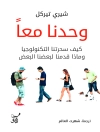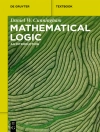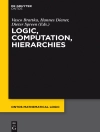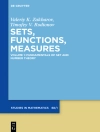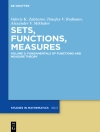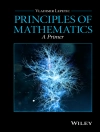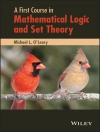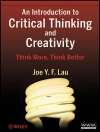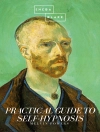This book on proof theory centers around the legacy of Kurt Schütte and its current impact on the subject. Schütte was the last doctoral student of David Hilbert who was the first to see that proofs can be viewed as structured mathematical objects amenable to investigation by mathematical methods (metamathematics). Schütte inaugurated the important paradigm shift from finite proofs to infinite proofs and developed the mathematical tools for their analysis. Infinitary proof theory flourished in his hands in the 1960s, culminating in the famous bound Γ
0 for the limit of predicative mathematics (a fame shared with Feferman). Later his interests shifted to developing infinite proof calculi for impredicative theories. Schütte had a keen interest in advancing ordinal analysis to ever stronger theories and was still working on some of the strongest systems in his eighties. The articles in this volume from leading experts closeto his research, show the enduring influence of his work in modern proof theory. They range from eye witness accounts of his scientific life to developments at the current research frontier, including papers by Schütte himself that have never been published before.
Inhaltsverzeichnis
Preface.- List of Contributors.- Part I History and Memories.- Part II Proof Theory at Work.- Part III Further Legacy.- Part IV Kurt Schüttes Spätwerk.
Über den Autor
Reinhard Kahle is currently the Carl Friedrich von Weizsäcker Professor for Philosophy and History of Science at the University of Tübingen. Before, he was Professor of Mathematics at the University of Coimbra (2003-08) and at the University Nova in Lisbon (2008-18). He is fellow of the Académie Internationale de Philosophie des Sciences. His main research interests include proof theory and the history and philosophy of logic.
Michael Rathjen is currently Professor of Mathematics at Leeds University. He first taught at Münster and the Ohio State University. As a Heisenberg Fellow he worked at several logic research centers, notably OSU, UCLA, Stanford, and Uppsala. In 1996 he joined the University of Leeds. From 2002 till 2006 he was a Professor of Mathematics at the Ohio State University. His research interests include mathematical logic and the philosophy of logic and mathematics.


